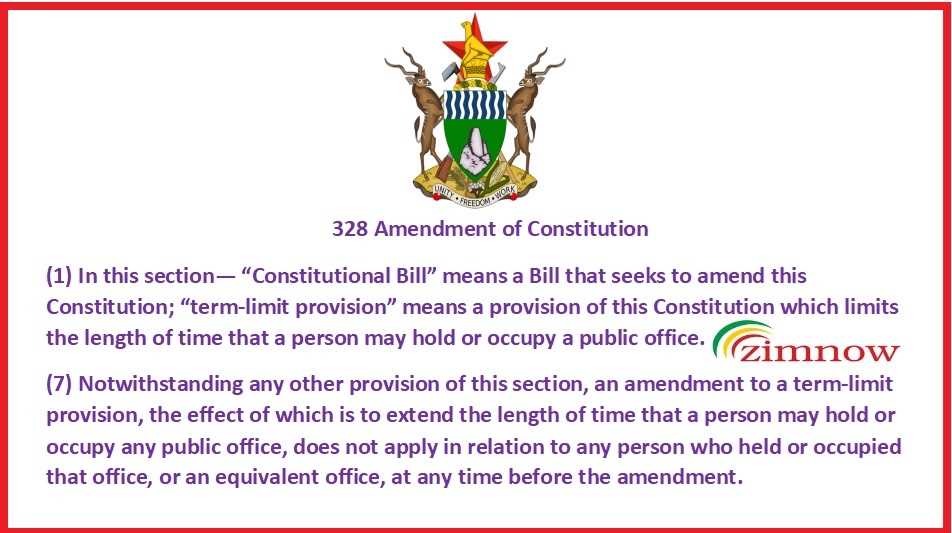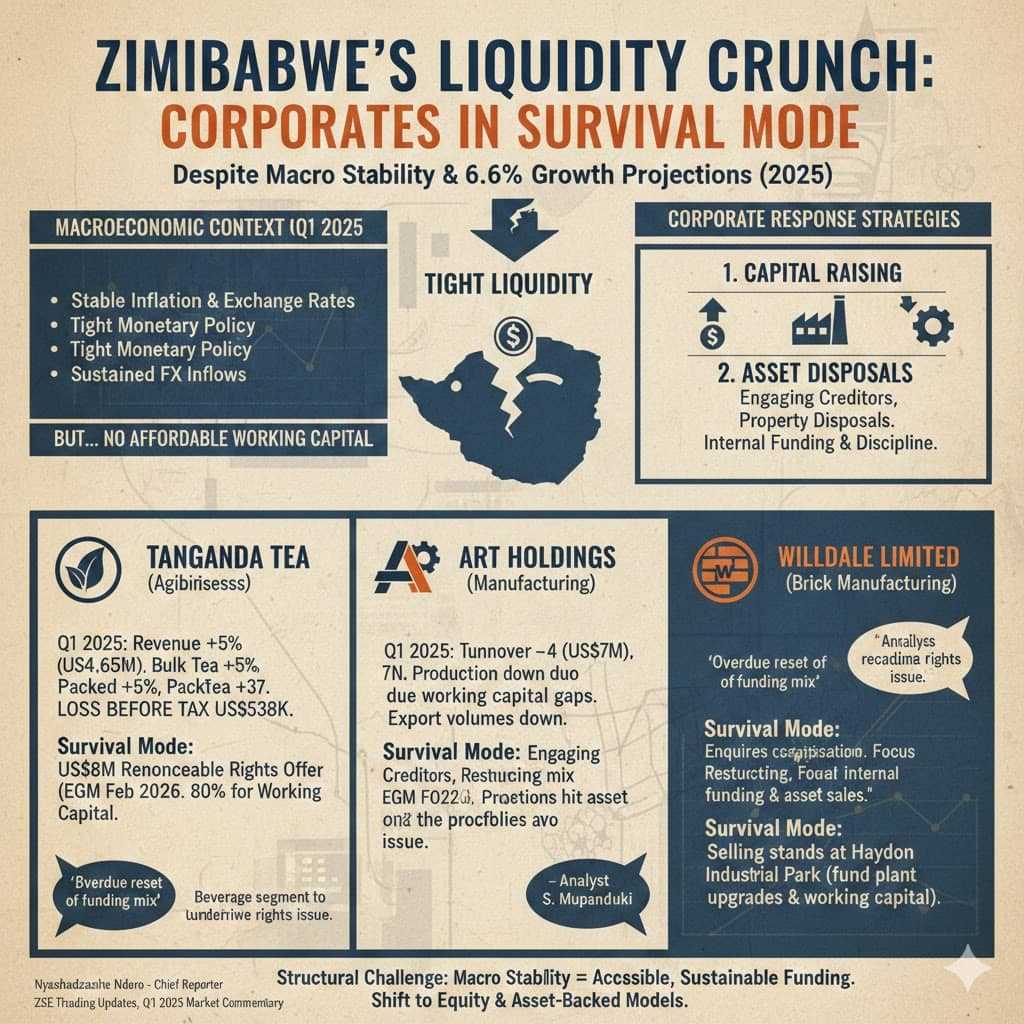
Mlondolozi Ndlovu
On February 21, 2024, some leaders of Zanu PF party in Masvingo declared that they wanted President Emmerson Mnangagwa to run in the 2028, contrary to the Constitution of Zimbabwe.
But what does the supreme law of Zimbabwe say about these ambitions?
Section 95 of the Zimbabwe Constitution Amendment (No.20) Act, 2013 (hereinafter referred to as “the constitution”) states that the president’s term begins when sworn in and extends normally for five years until the next election.
Under the current constitution in terms of Section 91 a President cannot serve more than two terms in office, so long as each of those terms lasts three or more years.
Thus the president’s term is limited to two five-year terms after which he or she will be ineligible to run for presidency.
Yes, Constitution can be changed
Can a president’s term be extended beyond the current position given at law?
Yes it is possible but there will be a lot of hurdles to overcome in order to achieve that.
How can it be done?
There is a standard procedure to be followed through triggering a constitutional amendment of Section 91 (2).
Section 328 (5) of the Constitution provides that a Bill to amend the Constitution must be passed by a two-thirds majority of the National Assembly and the Senate before it becomes law. In addition, if a bill seeks to amend the Declaration of Rights or Chapter 16 (which relates to Agricultural land) it must be approved at a national referendum before it can become law.
Section 91 (2) is not part of the Declaration of Rights nor does it fall within Chapter 16 of the Constitution so it can be amended by a two-thirds majority of both houses of Parliament to expunge the presidential limits.
There is a hurdle
Even though it looks like the two-thirds majority vote could be easy as Zanu-PF now has clear majority in both houses, Amendment of Section 91(2) of the Constitution is not without a catch.
An amendment to a term limit provision which has the effect of extending the length of time that a person can hold in a public office such as presidency does not apply to anyone who held that office, or an equivalent office before the amendment.
This means that even if two-thirds of representatives in both houses were to pass extending or revoking the term limits imposed by section 91(2) of the Constitution the Bill would not allow the President to stand for a third term office.
Related Stories
This provision is carried under Section 328(7) which reads;
‘Notwithstanding any other provision of this Section, an amendment to a term limit provision, the effect of which is to extend the length of time that a person may hold or occupy any public office, does not apply in relation to any person who held or occupied that office, or an equivalent office, at any time before the amendment.’
The amendment will not benefit Mnangagwa, but his successor(s).
To further provide safeguards against presidential term limit extension, the drafters came up with a provision stipulating that Section 328 could itself only be amended through a referendum [see Section 328 (9)]. Hence to achieve the extension of the presidential term, an Amendment of section 328 (7) will have to be done before amending Section 91(2).
Entrenchment of constitutional amendment
There are four aspects, which make the process of amendment of the Zimbabwean constitution an entrenched one.
First, no provision of the constitution may be amended by implication. Every amendment must be in express words.
This is designed to achieve maximum transparency in the amendment of the constitution in that on provision, although express, which purports to amend the constitution must not pass unnoticed by being hidden among unrelated issues.
In theory, a bill amending the Zimbabwean constitution may contain other provisions as long as the amending clauses are in express words.
Secondly, a Constitutional Bill must be published in the Government Gazette at least 90 days before it is introduced in Parliament. The objective of the 90 days requirement is to call for and allow public debate on the proposed amendments.
Thirdly, at least two-thirds of the total membership of Parliament must vote in favour of a bill for it to pass. Other bills only require a mere majority of those “present and voting”.
Fourthly, a Constitutional Bill, requires to be accompanied by a certificate from the Speaker of Parliament confirming the two-thirds vote and the President cannot assent to the Bill unless it is so accompanied.
The Constitution reposes the amendment power in the Parliament of Zimbabwe. The Parliament is made up of the National Assembly, and the Senate.
The constitution further prescribes a public consultation process before a Bill amending the Constitution can be adopted by the two Houses of Parliament.
It is imperative to point that the constitution cannot and should not be amended lightly.
Conclusion
Unless there is a serious constitutional overhaul, the ruling President will be ineligible to stand in the 2028 elections.
Mlondolozi Ndlovu is a Zimbabwean media practitioner, trainer and researcher. He is a law student at the University of Zimbabwe and can be contacted on mlondo717@gmail.com


















Leave Comments